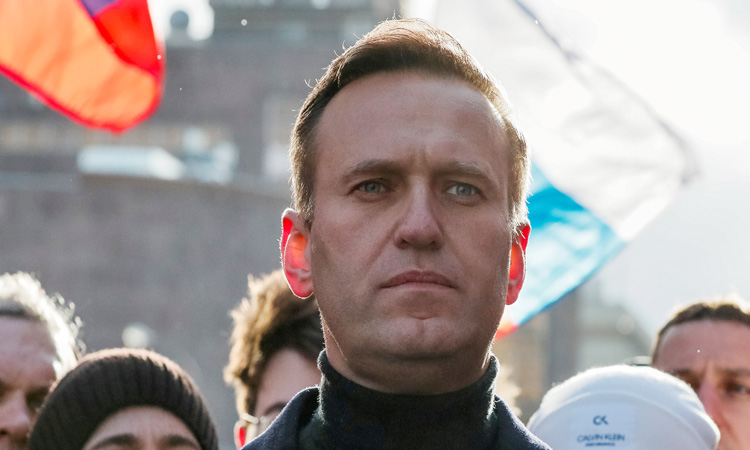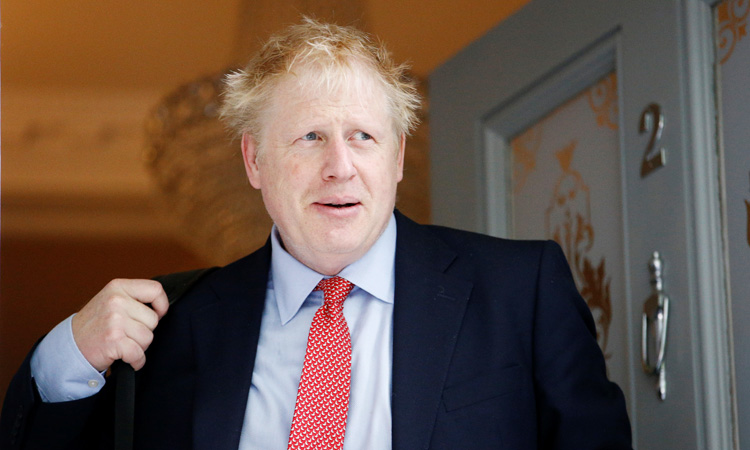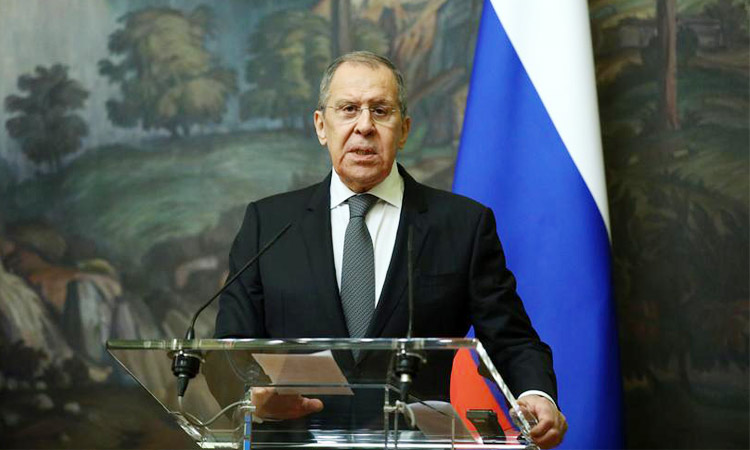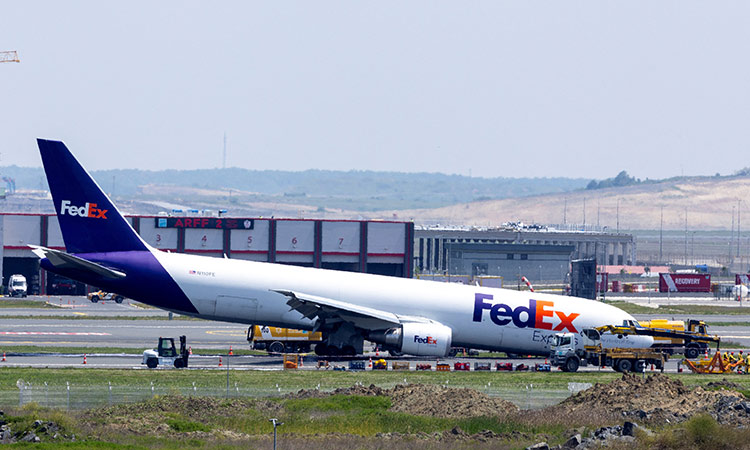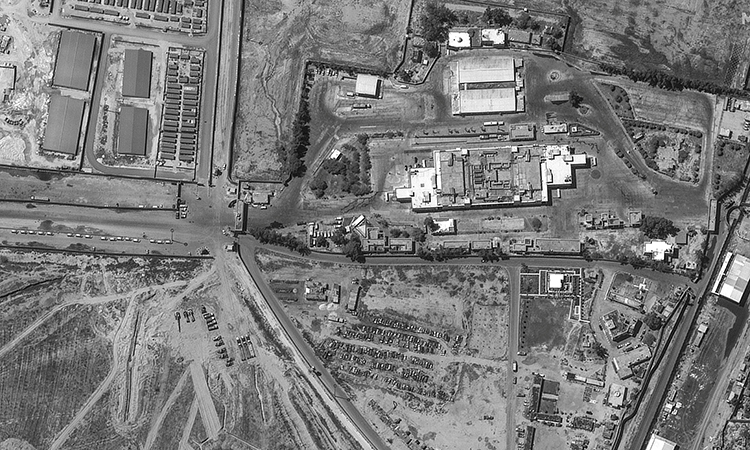UK backs EU’s Russia sanctions over Navalny, Libya
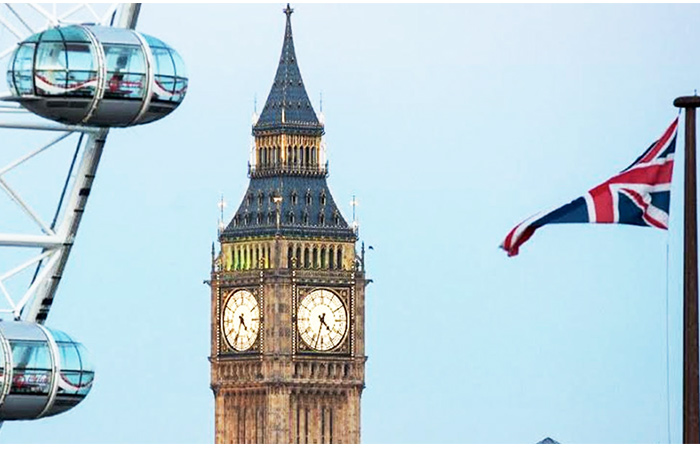
Image only for representation
The British government on Thursday announced it would apply EU sanctions on senior Russians over the poisoning of opposition figure Alexei Navalny and meddling in the civil war in Libya.
These include asset freezes and travel bans on six individuals, including the head of Russia's FSB domestic spy agency, over the attempt to murder Navalny using the Novichok nerve agent.
"The UK and its partners have agreed that there is no plausible explanation for Mr Navalny's poisoning, other than Russian involvement and responsibility," the foreign ministry said in a statement.
READ MORE
Malaysia's Anwar summoned over list of backers for PM bid: Police
Brexit talks fate hangs in balance at EU summit
London has demanded a full investigation into the poisoning and said Russia must declare its Novichok programme to the UN's Organisation for the Prohibition of Chemical Weapons (OPCW).
"The sanctions, which are now in force, send a strong signal that there are consequences for the use of chemical weapons and the threat their use poses to the rules-based international system, designed to keep us all safe," the ministry said.
Russia's opposition figure Alexei Navalny. File photo
In addition, sanctions are being imposed on Yevgeny Prigozhin, a wealthy tycoon close to Russian President Vladimir Putin, "who is responsible for significant foreign mercenary activity in Libya and multiple breaches of the UN arms embargo".
"We have made it clear that all external involvement in this crisis is unacceptable, and will continue to work with the international community to hold those seeking to undermine the stability and security of Libya to account," the ministry statement said.
Britain left the European Union in January, but remains tied to the bloc under a post-Brexit transition period that ends on December 31.
Navalny fell seriously ill on a plane in Siberia while on the election campaign trail, and was flown to Germany for treatment in August.
Tests carried out by German experts, later confirmed by France, Sweden and the OPCW, showed he had been poisoned with a Novichok nerve agent.
A poison from the same group was used to attack former Russian spy Sergei Skripal and his daughter in England in 2018 -- an incident that Britain and its allies blamed on Moscow, and strained already fraught diplomatic ties.
Earlier this year, Britain slapped sanctions on 25 Russians in connection with the death of lawyer Sergei Magnitsky in 2009.